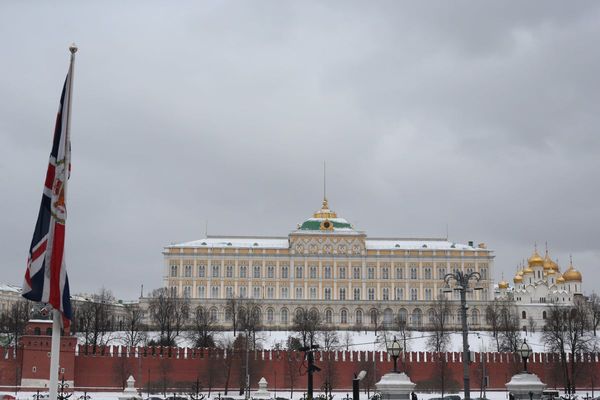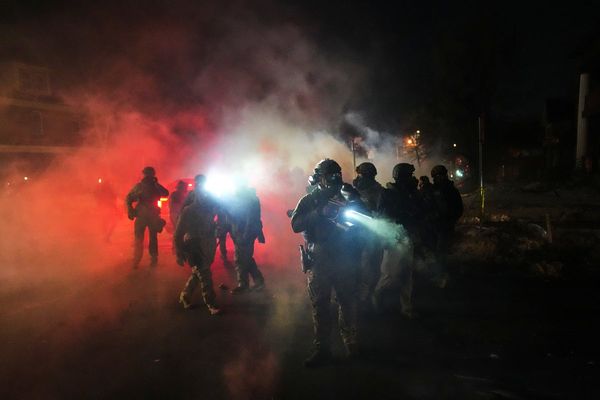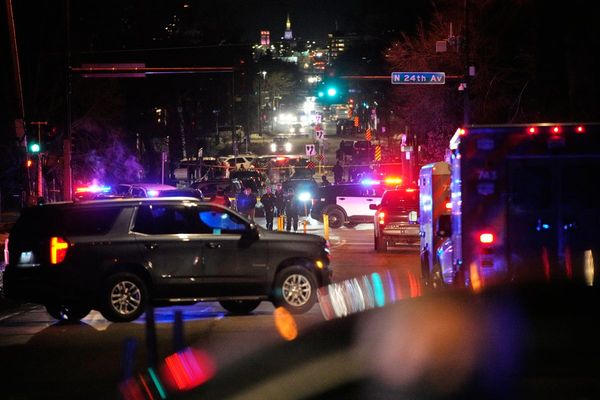
Dominic Raab is being urged to show mercy to prisoners in England and Wales who remain jailed under a sentencing scheme abolished 10 years ago.
The imprisonment for public protection (IPP) sentence was a form of indeterminate sentence in which offenders were given a minimum jail tariff but no maximum for a range of crimes. Nearly 3,000 legacy prisoners remain in jail under the scheme.
Ten years after the scheme was abolished, Raab, the lord chancellor, has received an application for mercy, asking him to recommend a pardon from King Charles.
It comes after the justice select committee in September found that the indefinite nature of jail terms under the IPP scheme has contributed to feelings of hopelessness and despair that has resulted in high levels of self-harm and 74 suicides among prisoners.
Dean Kingham, a solicitor writing on behalf of three of those jailed under IPP, wrote that they and those still in jail under the rules cannot wait for a government to find time to bring in a new law to free them.
“Given it is likely to take some time to bring forward primary legislation but knowing the psychological damage the sentence is having on those still serving it, we write to make an application under the royal prerogative of mercy asking you to recommend to His Majesty the King to exercise the royal power,” he wrote.
Donna Mooney, whose brother Tommy Nicol killed himself while under an IPP sentence, said the case was a plea for mercy but also a way of letting those still jailed under IPP rules know that they have not been forgotten.

She said: “Tommy’s death wounded our family deeply and we cannot heal that wound. The only thing that has kept me going since then is the fight to try and ensure no other families have to endure the pain we are still feeling. We are asking for mercy before others lose all hope.”
Nicol, 37, died in hospital in 2015 after trying to take his own life at the Mount prison in Hertfordshire. He was two years past his four-year minimum tariff for stealing a car and injuring the owner.
His family was given a landmark settlement after making a claim in the high court, alleging the operation and administration of the IPP sentence constituted a breach of Nicol’s right to life under the Human Rights Act 1998, and led to his death.
The application is supported by Ungripp, a pressure group representing the families of those jailed under IPP rules.
IPPs were introduced in 2005 to detain indefinitely serious offenders who were perceived to be a risk to the public. However, the extent of their use, including for offenders who committed low-level crimes, raised concerns.
The government expected about 900 people to be jailed under IPPs but 8,711 individuals received such a sentence before the scheme was scrapped.
In 2020, former supreme court justice Lord Brown called the scheme “the greatest single stain on our criminal justice system”.
Lord David Blunkett, the former home secretary who introduced the sentencing regime, has expressed regret at how its use mushroomed.
The justice committee’s report said that an independent panel should be appointed to advise on the process of re-sentencing IPP offenders, acknowledging that it is likely to be a complex task.
A Ministry of Justice spokesperson said: “The number of IPP prisoners has fallen by two-thirds since 2012 and we are continuing to help those still in custody to progress towards release.
“These sentences were handed down by judges who decided offenders posed a significant risk to the public so it is right that the Parole Board determines when they are safe to release.”







